Introduction
Yoga, an ancient practice that harmonizes the mind, body, and spirit, is often perceived as an activity suited only for the young, athletic, and flexible. However, yoga is a versatile and inclusive practice that offers significant benefits to everyone, regardless of age, fitness level, or flexibility. In this blog, we’ll explore how yoga can enhance the health and well-being of the elderly, non-athletic individuals, and those who feel they lack flexibility, while also highlighting its role in reducing various health risks.
The Versatility of Yoga for The Elderly
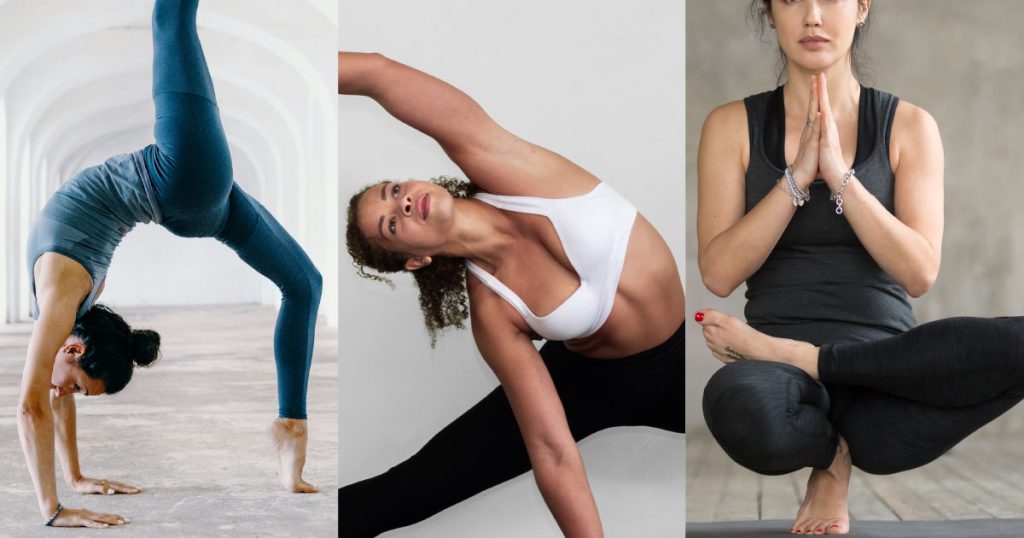
Yoga encompasses a variety of styles and modifications that make it accessible to everyone. From gentle restorative poses to dynamic flows, there’s a type of yoga suitable for every individual.
Benefits of Yoga for the Elderly
1. Improved Flexibility and Mobility
- Gentle Stretching: Yoga helps improve flexibility through gentle stretching, which is crucial for maintaining mobility in the elderly. Poses like Cat-Cow and Seated Forward Fold are excellent for loosening tight muscles. These poses can be performed seated in a chair or on the floor, comfort is key.
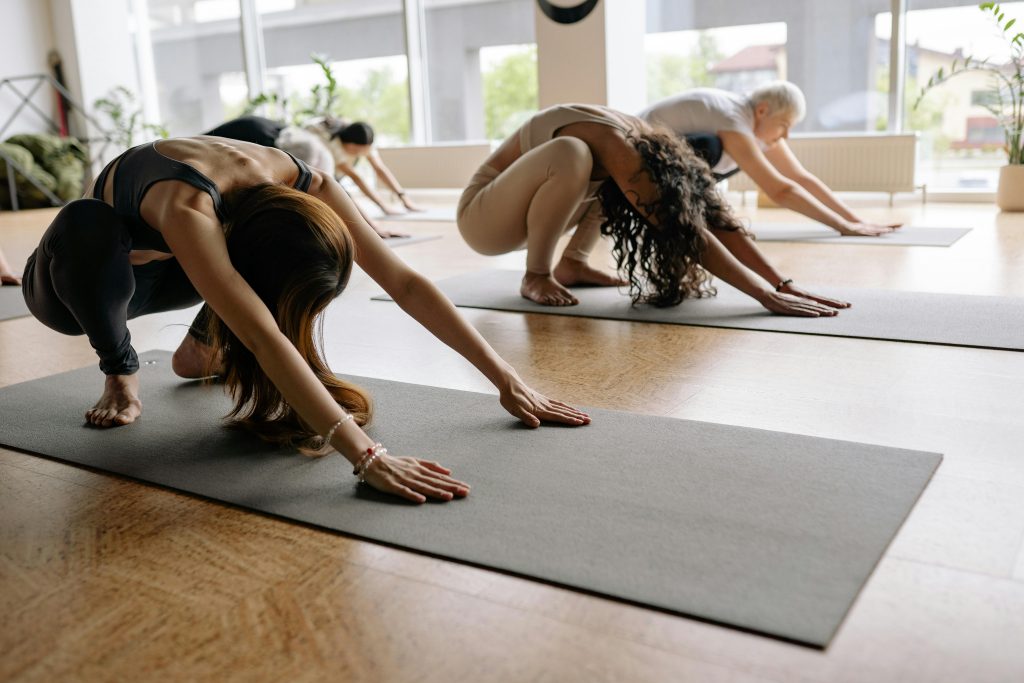
- Joint Health: Regular practice can increase the range of motion and reduce stiffness in joints, particularly beneficial for conditions like arthritis.
2. Enhanced Balance and Stability
- Fall Prevention: Yoga improves balance and coordination, reducing the risk of falls, a common concern for seniors. Poses such as Tree Pose, Warrior I and Warrior II help strengthen stabilizing muscles, and can be performed utilizing a chair or assistive device.
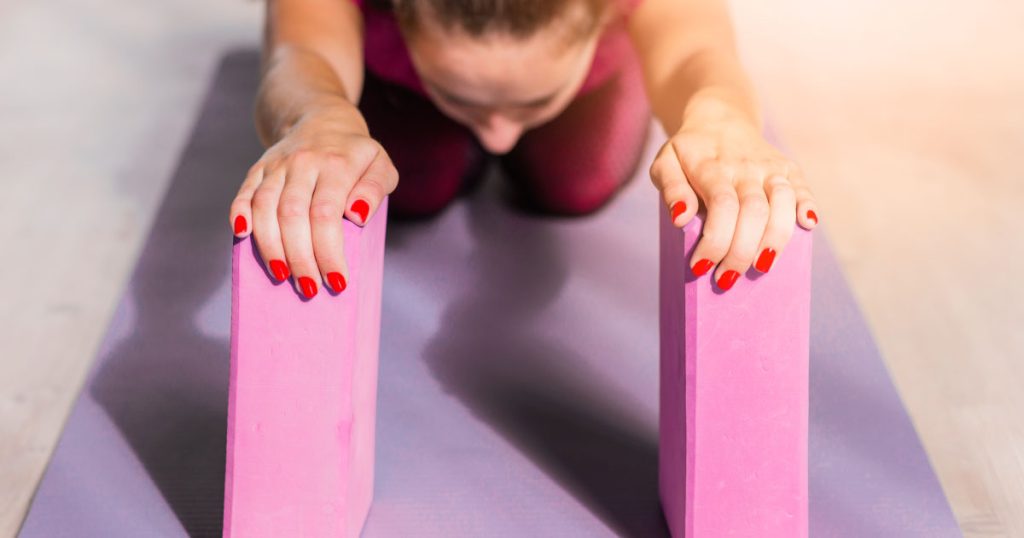
- Strength Building: Poses that strengthen the core and lower body, such as Chair Pose, Goddess Pose, and Bridge Pose, can help stabilize and support the body’s natural and fluid movement.
3. Mental Clarity and Relaxation
- Stress Reduction: Yoga promotes relaxation and reduces stress, which can improve mental clarity and overall mood. Practices like Savasana and guided meditation are particularly calming.
- Mindfulness: Practicing mindfulness through yoga can enhance cognitive function and emotional health, reducing feelings of anxiety and depression.
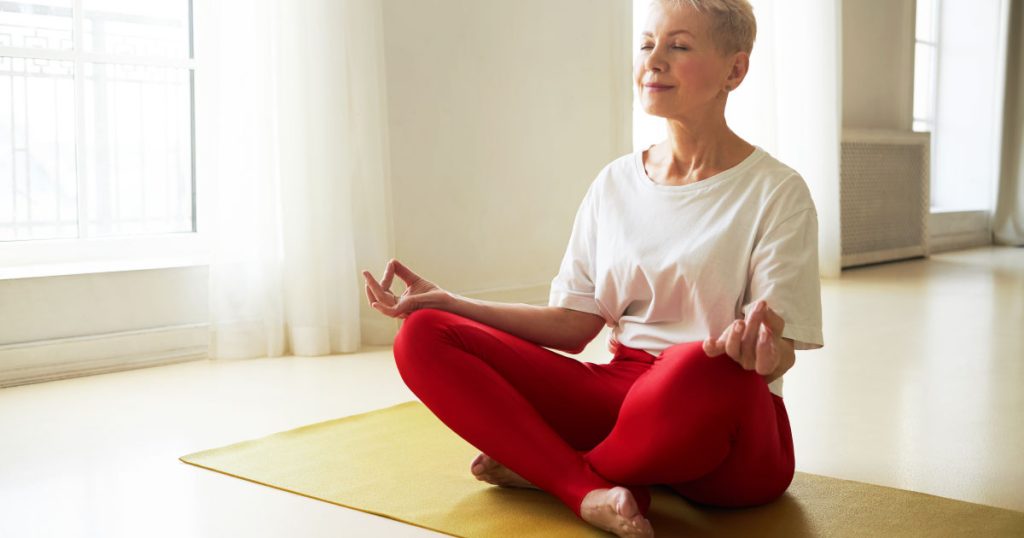
Benefits of Yoga for Non-Athletic Individuals
1. Accessible Physical Activity
- Low Impact: Yoga is a low-impact exercise, making it suitable for individuals who may find high-impact activities challenging. Gentle yoga styles like Hatha and Yin Yoga are excellent starting points.
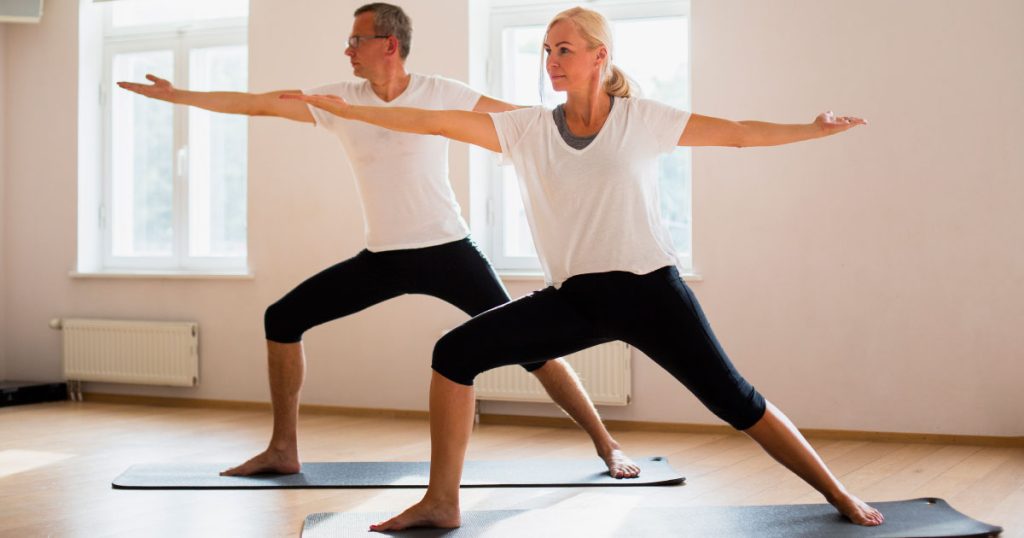
- Adaptable Poses: Modifications and props, such as blocks, bolsters, and straps, can make poses accessible to all fitness levels, ensuring that everyone can participate safely and effectively.
2. Increased Strength and Endurance
- Bodyweight Exercises: Yoga builds strength through bodyweight exercises, which can gradually increase muscle tone and endurance. Poses like Plank, Cobra, Upward Facing Dog, and Downward Facing Dog are particularly effective.
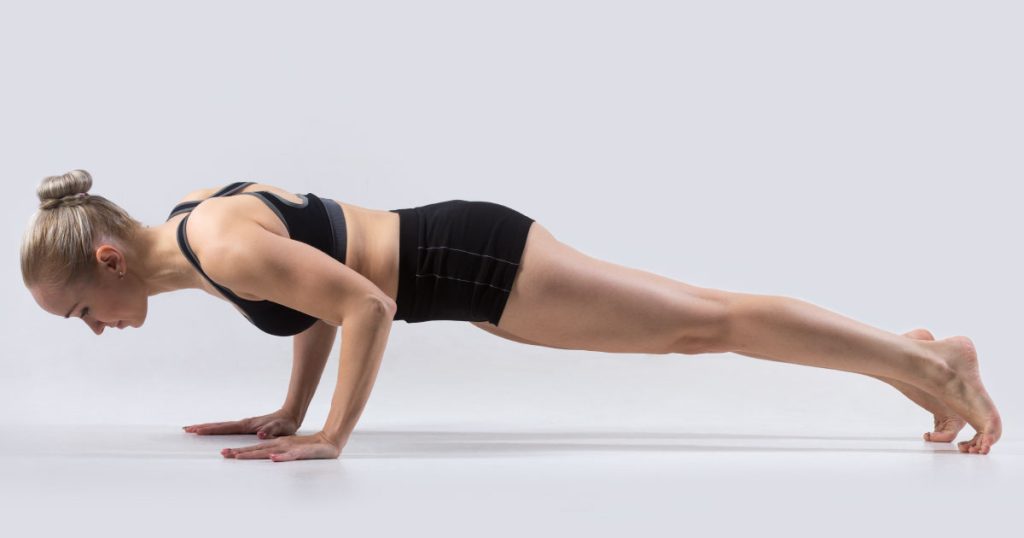
- Core Stability: Many poses focus on strengthening the core, which is essential for overall body strength and stability. Poses like Boat Pose, Forearm Plank, and Dolphin Pose are great for core engagement.
3. Improved Cardiovascular Health
- Heart Health: Regular yoga practice can improve circulation, lower blood pressure, and support heart health. Vinyasa Power Flow and Ashtanga styles offer more vigorous workouts that can enhance cardiovascular fitness.
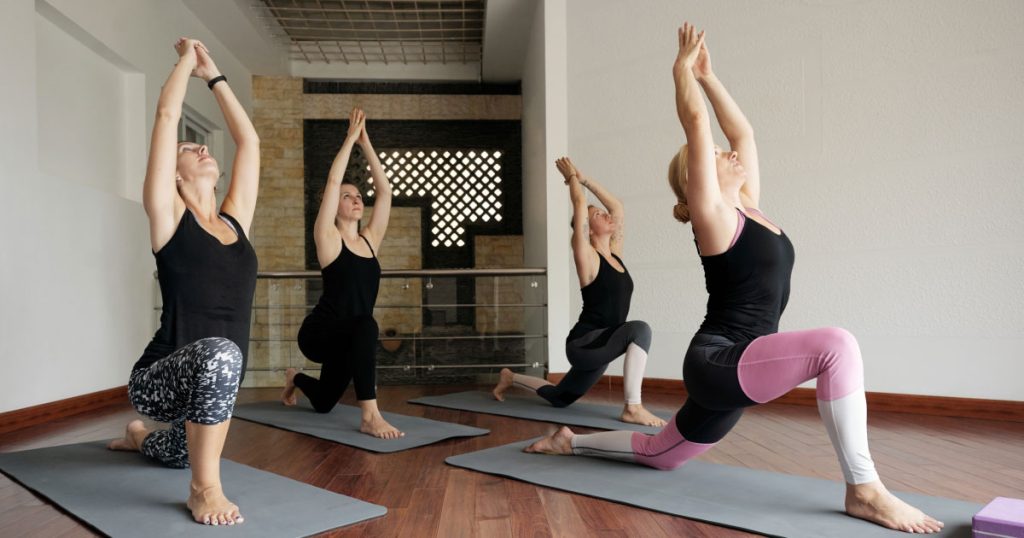
- Breathing Techniques: Pranayama (breathing exercises) enhance lung capacity and oxygenate the body, which can improve overall cardiovascular health.
Benefits of Yoga for Non-Flexible Individuals
1. Gradual Improvement in Flexibility
- Stretching Safely: Yoga gently stretches muscles, improving flexibility over time without the risk of injury. Poses like Child’s Pose and Reclining hamstring stretches with a strap are excellent for gradual stretching.
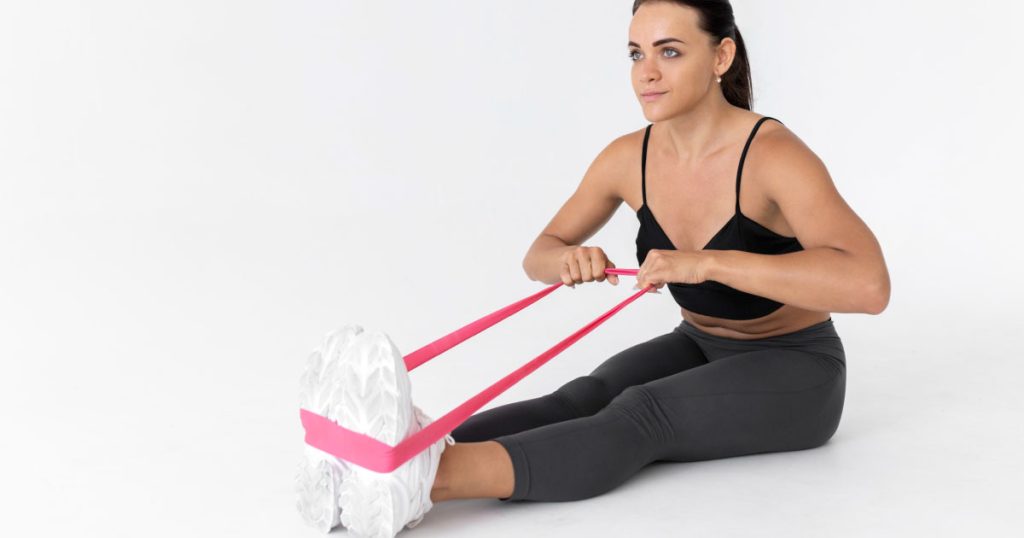
- Progressive Practice: Consistent practice leads to gradual improvements, making the body more limber and flexible over time.
2. Enhanced Joint and Muscle Function
- Joint Lubrication: Yoga increases the production of synovial fluid, which lubricates joints and enhances mobility. This is particularly beneficial for non-flexible individuals.
- Improved Gait and Posture: Yoga allows improved flexibility in the hip flexors and sides of torso often shortened by long periods of sitting or forward leaning while looking at a computer. This is imperative to decrease wear and tear, especially on the knee and hip joints.
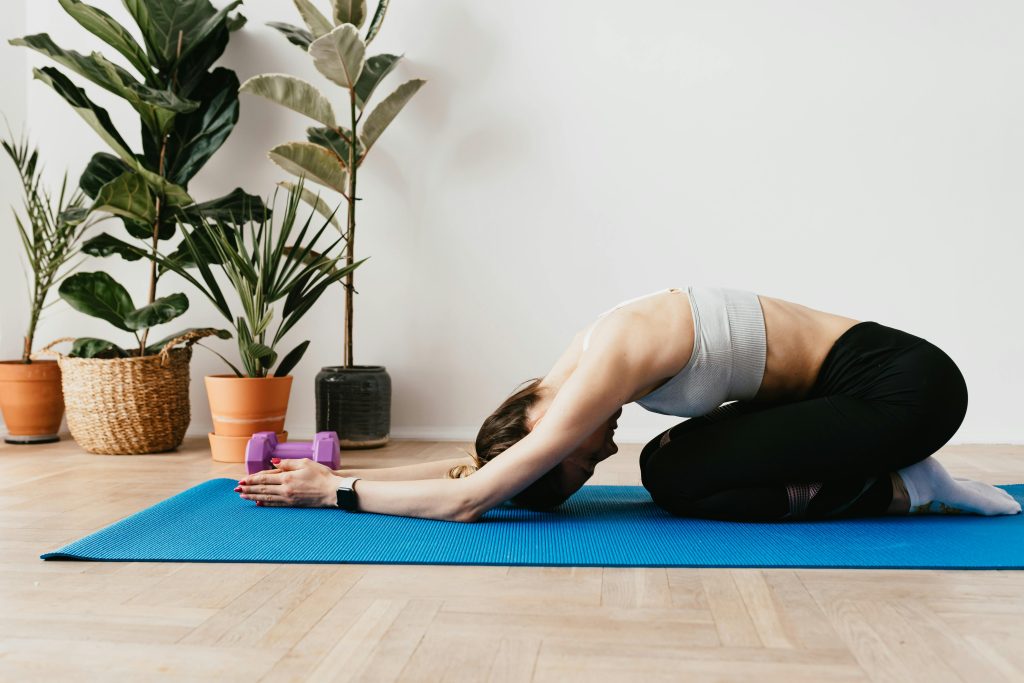
- Muscle Lengthening: Poses lengthen muscles, reducing tension and increasing flexibility. Forward bends and hip openers are particularly effective.
3. Stress Relief and Relaxation
- Relaxing Poses: Yoga includes poses designed to relax and release tension, which is beneficial for those who may feel tight or stressed. Restorative poses like Legs-Up-the-Wall and Reclining Bound Angle Pose are deeply relaxing.
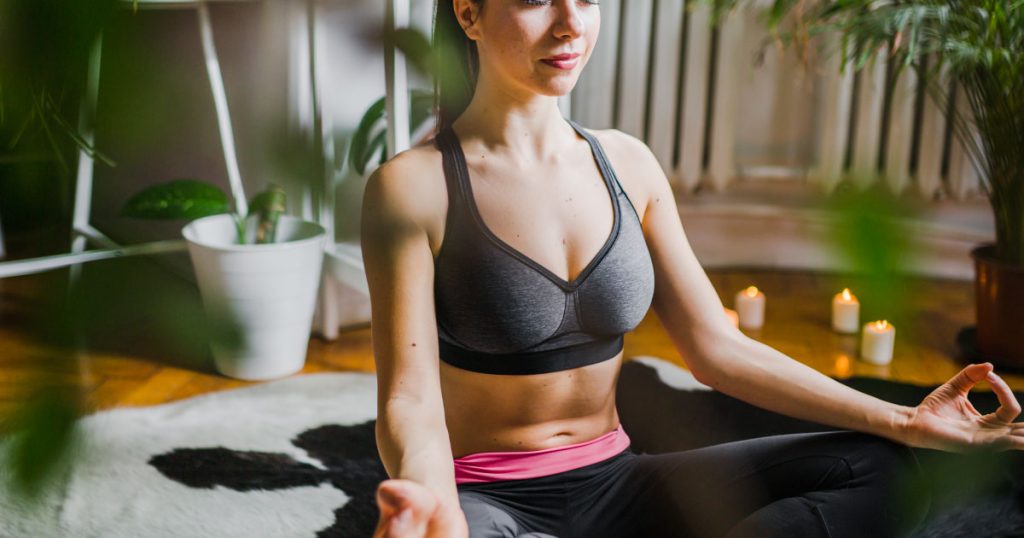
- Mind-Body Connection: Focusing on breath and movement fosters a deep mind-body connection, reducing mental and physical stress.
Reducing Health Risks with Yoga as an Elderly
1. Lowering the Risk of Chronic Diseases
- Diabetes Management: Yoga can help manage blood sugar levels and improve insulin sensitivity. Poses that stimulate the pancreas, such as Twists, are particularly beneficial.
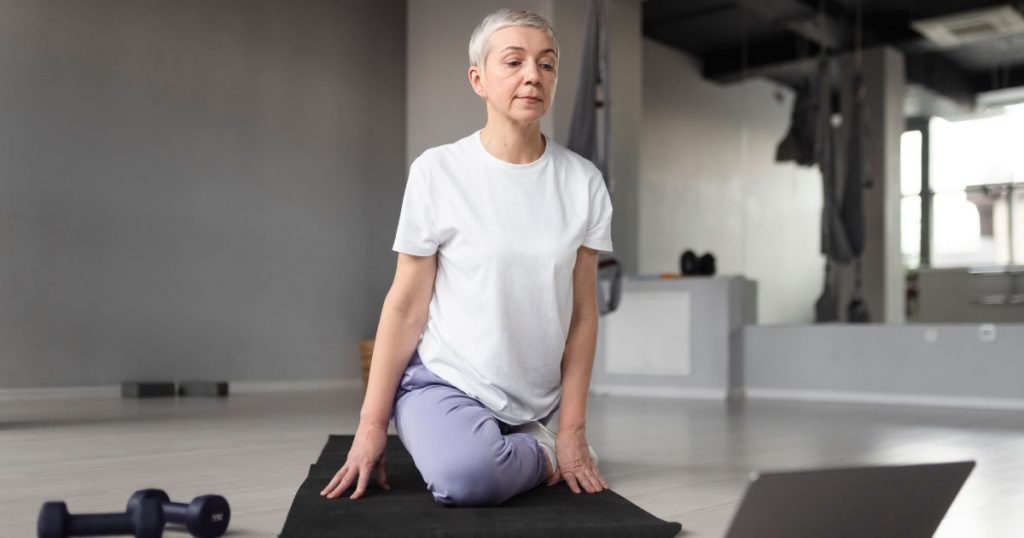
- Heart Disease: Regular practice reduces risk factors associated with heart disease, such as high blood pressure and cholesterol levels. All forms of yoga practice can improve heart health.
2. Enhancing Mental Health
- Anxiety and Depression: Yoga has been shown to reduce symptoms of anxiety and depression, promoting overall mental well-being. Practices like Yoga Nidra and meditation are highly effective.
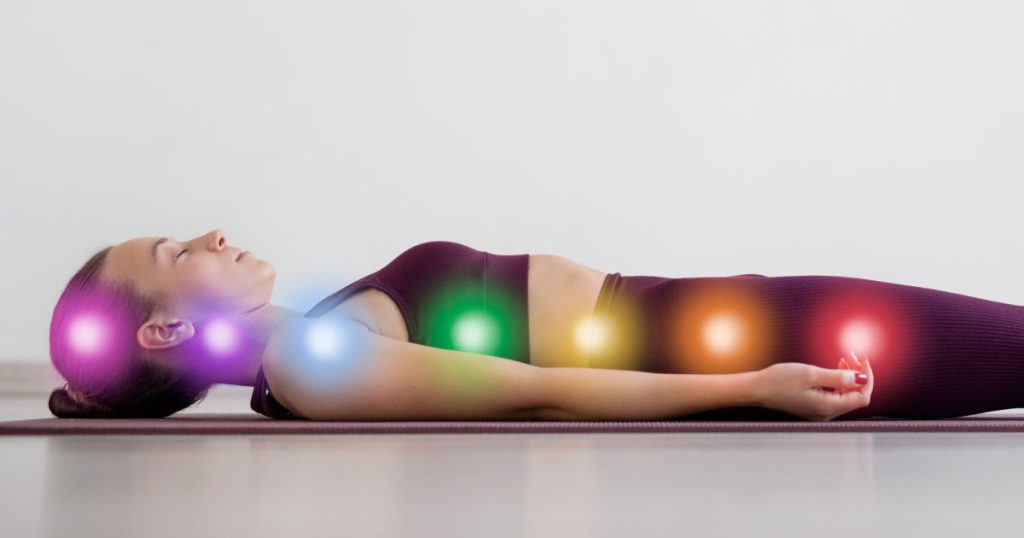
- Sleep Improvement: Practicing yoga can improve sleep quality and reduce insomnia. Poses like Savasana and guided relaxation before bed can enhance sleep.
3. Supporting Weight Management
- Healthy Weight: Yoga promotes physical activity, mindfulness, and better eating habits, supporting healthy weight management. Flow sequences and power yoga can burn calories and boost metabolism.
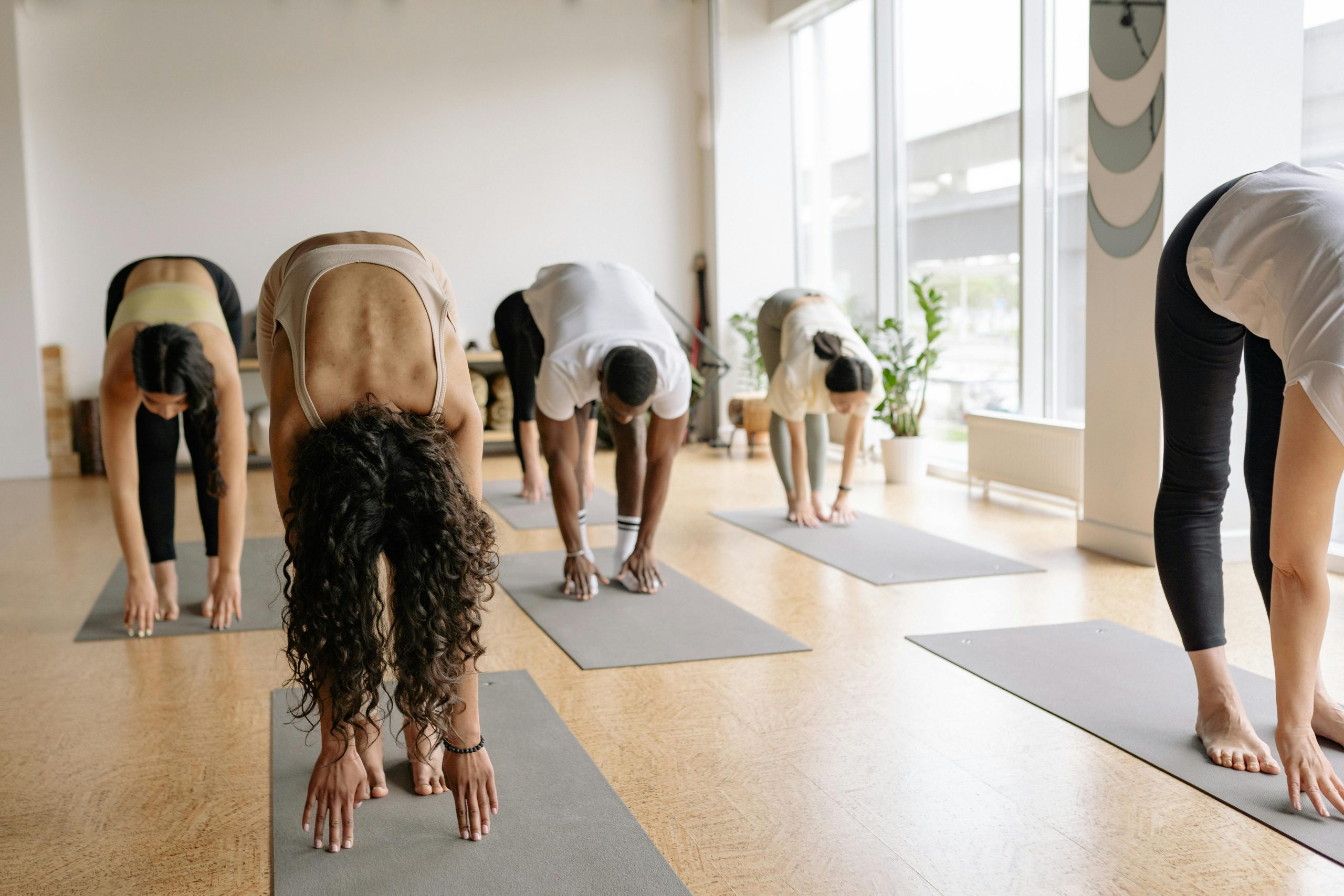
- Metabolism Boost: Certain poses stimulate the thyroid gland, boosting metabolism and aiding in weight control. Shoulderstand and Fish Pose are particularly beneficial.
Practical Tips for Getting Started with Yoga
- Start Slowly: Begin with gentle yoga styles and gradually increase the intensity as your body adapts.
- Use Props: Utilize yoga props like blocks, straps, and bolsters to modify poses and ensure proper alignment.

- Find a Suitable Class: Look for beginner-friendly or senior yoga classes that cater to your specific needs.
- Listen to Your Body: Pay attention to how your body feels and avoid pushing beyond your limits.
- Practice Regularly: Consistency is key. Aim to practice yoga several times a week to experience the full benefits.
Conclusion

Yoga is a transformative practice that offers profound benefits for everyone, regardless of age, fitness level, or flexibility. By incorporating yoga into your routine, you can improve physical health, enhance mental well-being, and reduce the risk of chronic diseases. Whether you’re elderly, non-athletic, or non-flexible, yoga can be adapted to meet your needs and help you achieve a healthier, more balanced life.
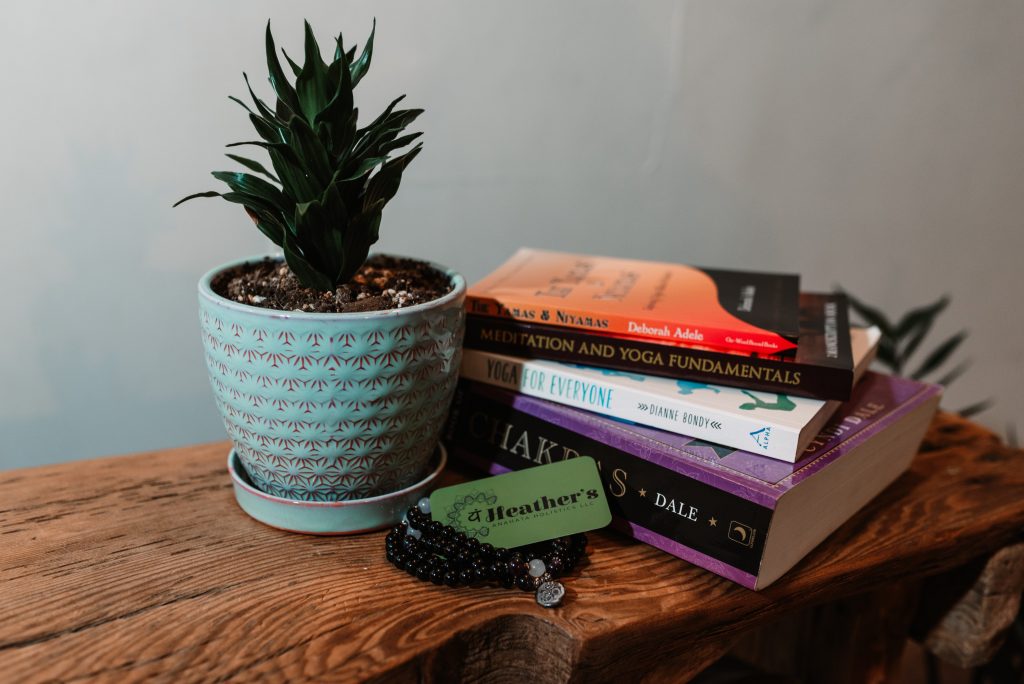
Ready to experience the benefits of yoga for seniors? Join our inclusive yoga classes designed for all ages and abilities. Contact us today to find the perfect class for you and start your journey towards better health and well-being!

